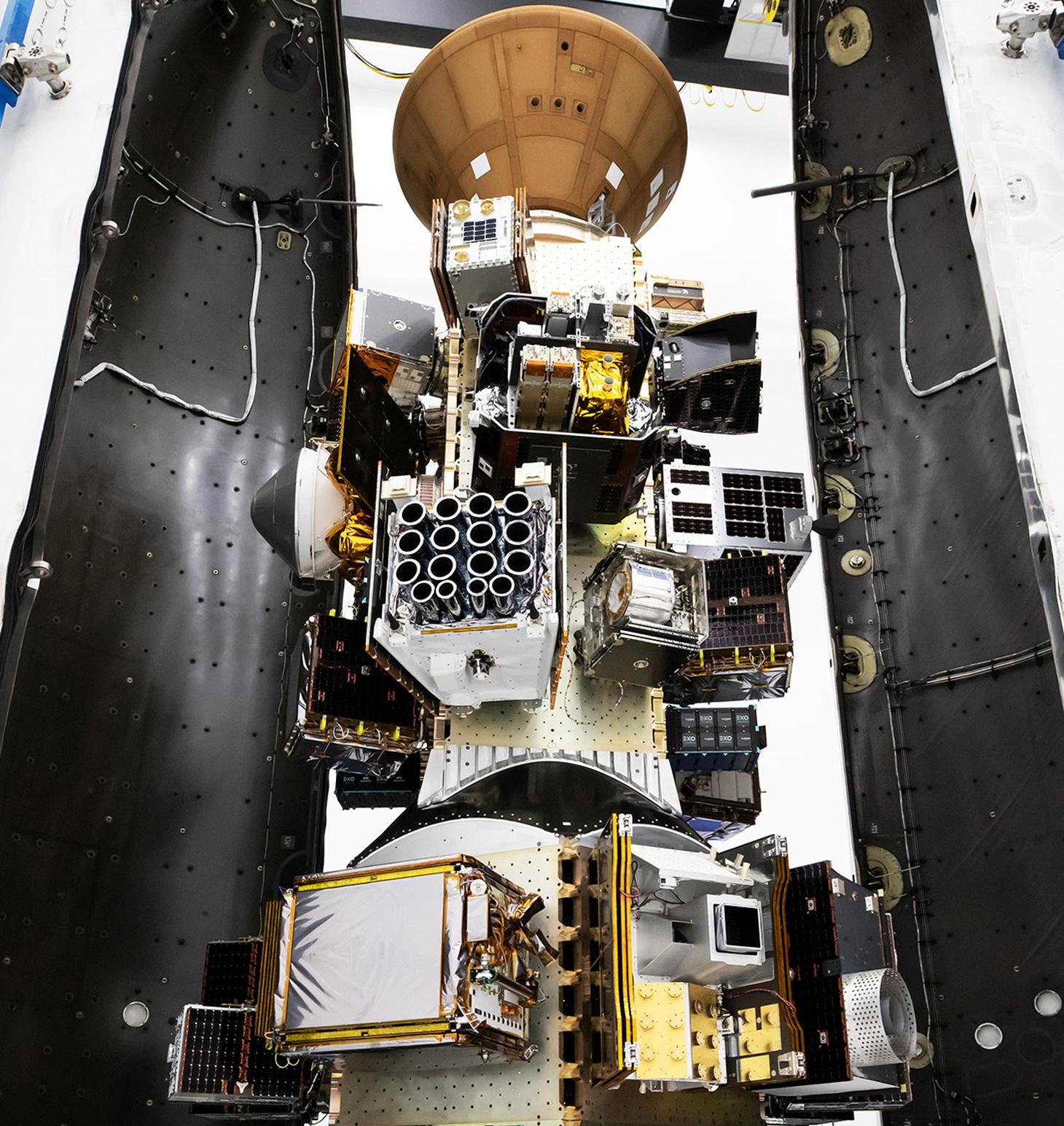SpaceX: Revolutionising Space Exploration and Travel

Introduction
SpaceX, founded by Elon Musk in 2002, has become a household name in the world of aerospace. Its ambitious mission to reduce space transportation costs has not only paved the way for commercial space travel but has also revitalised global interest in space exploration. With recent advances and successful missions, SpaceX’s influence on the future of space travel is profound and far-reaching.
Recent Achievements
In 2023, SpaceX achieved several monumental milestones. The Starship spacecraft, designed to carry humans to Mars and other destinations, successfully completed its first full orbital test flight. This marks a significant step toward making multi-planetary living a reality. The test flight was launched from SpaceX’s Starbase in Texas, and while the vehicle did encounter issues in the later stages, it demonstrated the potential for reusable spacecraft.
Additionally, SpaceX has continued to enhance its Starlink satellite constellation, which provides high-speed internet access across the globe, especially in underserved areas. As of mid-2023, over 4,600 Starlink satellites are in orbit, and the service has expanded dramatically in countries like Ukraine, aiding in communication amidst conflict.
Collaborations and Future Plans
SpaceX’s partnership with NASA has also flourished. The Commercial Crew Program continues to send astronauts to the International Space Station (ISS), with Crew-7 mission launch planned for later this year. Such collaborations underscore SpaceX’s pivotal role in governmental space missions, which serve not only scientific exploration but also international diplomatic relations.
Looking ahead, SpaceX plans to conduct a series of missions aimed at lunar exploration through NASA’s Artemis program. The agency selected SpaceX’s Starship to serve as a Human Landing System to carry astronauts to the lunar surface, including plans for a sustainable human presence on the Moon by the end of the decade.
Conclusion
As SpaceX continues to push the boundaries of what is possible in space travel and technology, its recent achievements signal a new era of exploration. The focus on sustainability, reusable technology, and collaboration with global entities positions SpaceX not just as a leader in commercial spaceflight but as a pioneer in shaping humanity’s future among the stars. The implications of these advancements are significant, offering both commercial opportunities and inspiring a new generation of scientists and astronauts to dream big.
